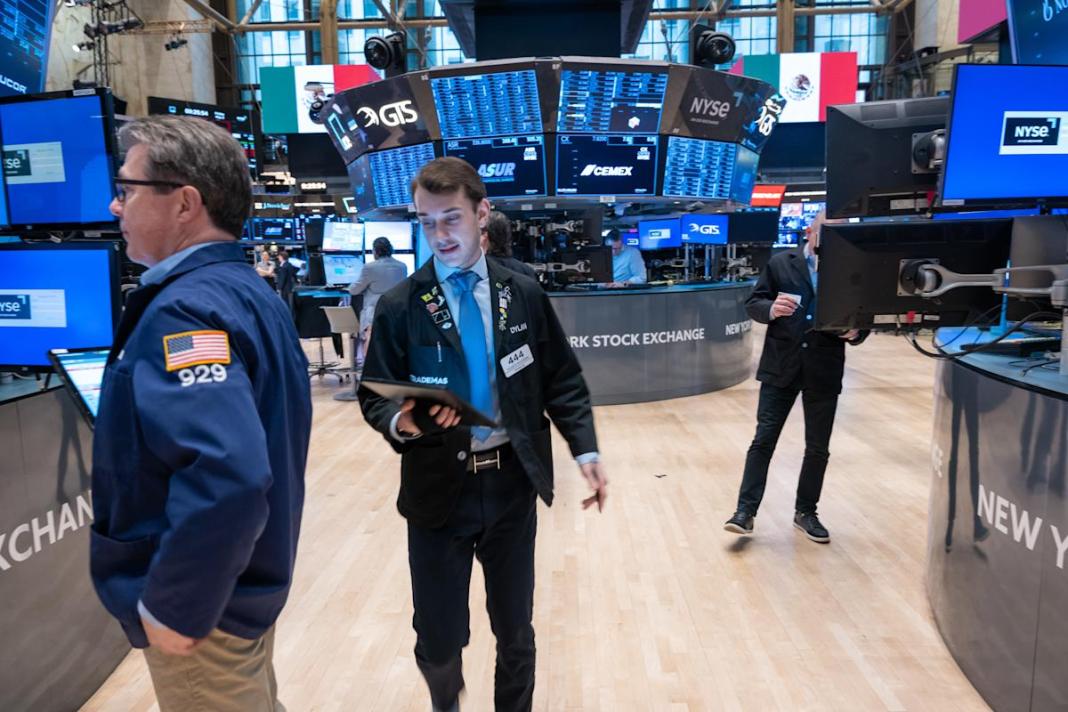Chinese Leader Xi Jinping’s European Tour Ends on a Positive Note
Chinese President Xi Jinping recently concluded a six-day European tour that included stops in France, Serbia, and Hungary. Despite no major breakthroughs on trade or other contentious issues, the trip was hailed as a success by Chinese state-run media.
During his visit, Xi received a warm reception in all three countries, with leaders expressing their admiration and commitment to strengthening ties with China. In Serbia, President Aleksandar Vucic declared his country’s “reverence and love” for Xi, while in Hungary, Prime Minister Viktor Orban assured Xi that he would “feel at home” in Budapest.
The trip was seen as an opportunity for China to demonstrate its ability to maintain friendly relations with Europe, especially in the face of tensions with NATO and the conflict in Ukraine. Despite Europe’s growing skepticism towards China, Xi’s visit was aimed at solidifying partnerships with countries that have remained pro-China.
In Hungary, Xi’s visit was particularly significant as the country is set to take over the European Union’s rotating presidency this year. This role will allow Hungary to influence the agenda of the Council of the European Union, the bloc’s dominant power center.
While some experts believe that Hungary may not be able to significantly shift European policy in China’s favor, the country’s history of defying more powerful European nations suggests otherwise. Orban has previously shown support for China’s Belt and Road infrastructure program and blocked EU statements critical of China’s actions in Hong Kong.
Despite the positive reception Xi received during his European tour, concerns remain about China’s partnership with Russia and tensions over trade. Many in Europe are wary of China’s growing influence and the potential implications for the region.
Overall, Xi’s trip was seen as a strategic move to strengthen China’s ties with Europe and showcase the country’s ability to navigate complex international relations. While the visit may not have addressed all of Europe’s concerns, it was a step towards building stronger partnerships in the region.


